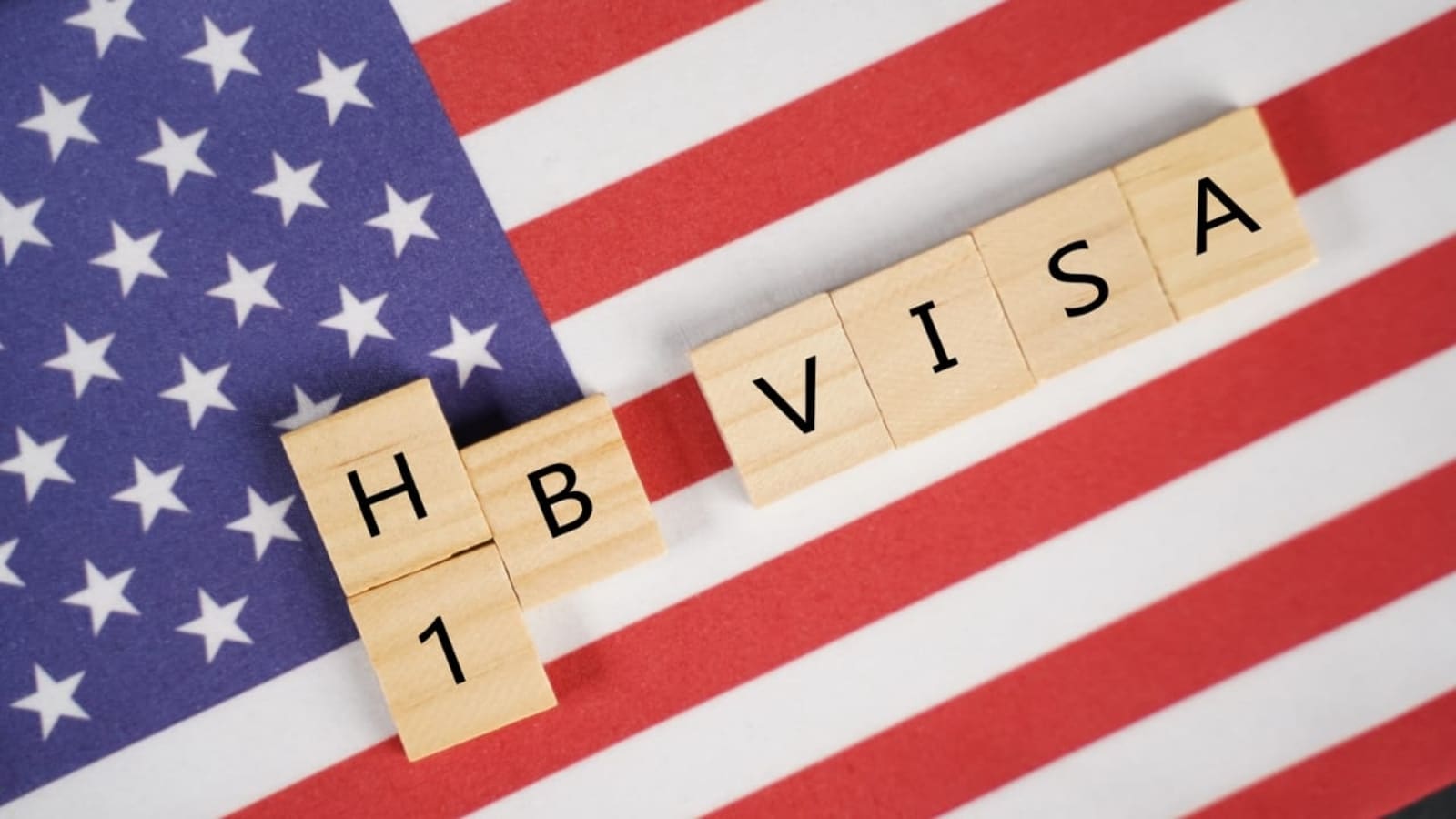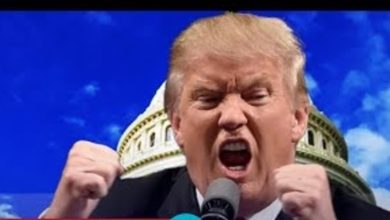H-1B and L-1 visa extensions could weigh thousands of dollars heavier on US employers, according to new DHS proposal

Foreign workers and investors already witnessed a significant US visa fee hike in April 2024. However, no relaxations are in sight for these parties as the Biden administration is eyeing additional fees for work visa extensions.
H-1B and L-1 visa petitioners’ employment extension will weigh heavy on US employers, according to a new rule proposed by the Department of Homeland Security.(shutter stock)
According to a new rule proposed by the Department of Homeland Security (DHS) and US Customs and Border Protection, the 9/11 Response and Biometric Entry-Exit Fee will be levied on H-1B and L-1 visa extensions. Thus far, these clauses have applied only to initial visa petitions. The FederalRegister.gov website informs that Congress established the 9-11 Response and Biometric Entry-Exit Fee for “certain” H-1B and L-1 petitions. On the contrary, the new amendment proposal seeks to replace that phrase with “all petitioners” in clauses concerning these two groups of petitioners.
The June 6 mandate suggests that US employers must pay $4,000 for H-1B visa extensions and a $4,500 fee for extending an L-1 visa. The proposed rule has yet to be greenlit. For now, employers only pay this fee for initial petitions and changes of employers.
Also read | July 2024 US Visa Bulletin: Unexpected advancement in key Indian Green Card category; retrogression across EB-3
What is the 9/11 Biometric Fee?
Congress established the 9/11 Response and Biometric Entry-Exit fee on December 18, 2015, to fund national security programs. The official Federal Register website states this fee is intended to “fund the biometric entry and exit programs it mandated earlier in order to improve security, combat visa and travel document fraud, and protect our country against terrorism.” This fee also funds a system tracking the entry and exit of foreign nationals. This fee is authorised by the Consolidated Appropriations Act of 2016.
Per the original statutes, the fee is levied on US employers with 50 or more employees, among whom more than 50% are on H-1B or L-1 visas.
The proposed changes will require employers to meet the fee criteria ($4,000 for H-1B; $4,500 for L-1) not only when filing these initial petitions or changing employers but also when seeking to extend an existing H-1B or L-1 visa holder’s employment period.
Also read | Biden’s joins forces with Clinton; reelection campaign raises $40 million in 5 days
Why has the Department of Homeland Security proposed these changes?
DHS inevitably seeks to enhance the biometric entry-exit system, and these additional funds will bolster the potential foundation. Further improvements and maintenance of the system ultimately hinge on sufficient funding.
Moreover, the proposed criteria will ensure employers universally contribute to national security.
With more financial responsibilities weighing on US employers, companies will likely switch their hiring strategies if the proposal goes through.
As of now, the DHS is seeking public feedback on the proposed changes. The general public’s comments window will close on July 8, 2024. Check out more details on how to submit comments and more here: https://www.federalregister.gov/documents/2024/06/06/2024-12396/9-11-response-and-biometric-entry-exit-fee-for-h-1b-and-l-1-visas


